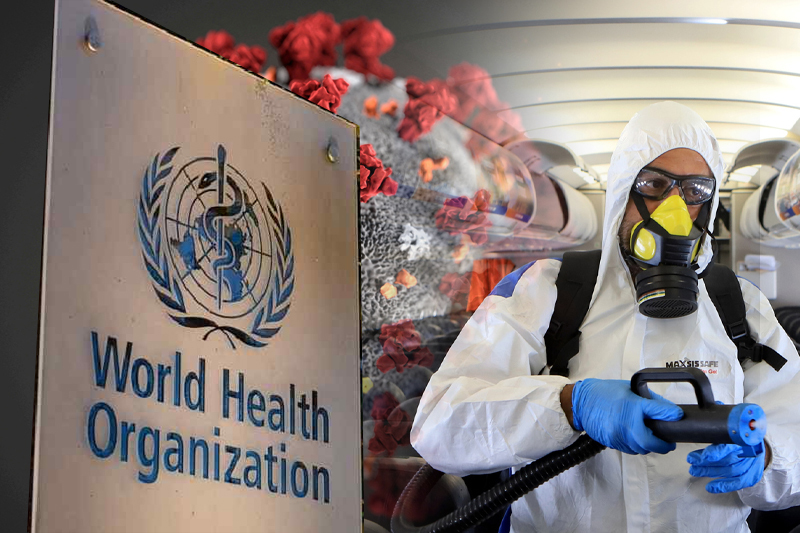
COVID no longer a global health emergency, WHO declares
A virus wreaked havoc in the world for at least three years, killing more than 6.9 million people. But the World Health Organisation (WHO) has now declared an end to the emergency status for COVID-19, more than three years after its original declaration.
“I declared COVID-19 over as a global health emergency,” said WHO Director-General Tedros Adhanom Ghebreyesus, adding an end to the emergency status did not mean the virus was no longer a global health threat.
Some WHO members, during a lengthy conference call to inform the press of the decision, were seen getting emotional as they called on all countries to reflect on lessons learned during the pandemic. “We cannot forget the graves that were dug,” said Maria Van Kerkhove, WHO’s technical lead on COVID-19.
According to WHO data, the COVID death rate has dropped from a peak of over 100,000 people per week in January 2021 to just over 3,500 per week on April 24 this year, reflecting widespread vaccination, immunity from prior infections, and availability of better treatments.
Keep Reading
Ending the global emergency status for COVID-19 could mean bringing an end to international collaboration or funding efforts, although many people have already adapted as the level of infections receded in different regions.
The global health agency does not declare the beginning or end of pandemics. “In most cases, pandemics truly end when the next pandemic begins,” said the WHO’s emergencies director Michael Ryan.
Like a number of other countries, the US has also started dismantling its domestic state of emergency for COVID-19, which officially ends on May 11. It means the world’s biggest economy will stop paying for testing and vaccines for several people.
The WHO’s declaration on Friday comes just four months after China brought an end to its prolonged and strict COVID-19 restrictions and was inundated with a rise in infections.
The decision also suggests WHO advisers believe a new more dangerous variant of coronavirus is unlikely to put the world in peril in the coming months, although the virus is still highly unpredictable.
Testing has dramatically dwindled in several parts of the world and people have largely stopped wearing masks. The health agency recently published a plan sharing suggestions on how to live with the virus long-term.




